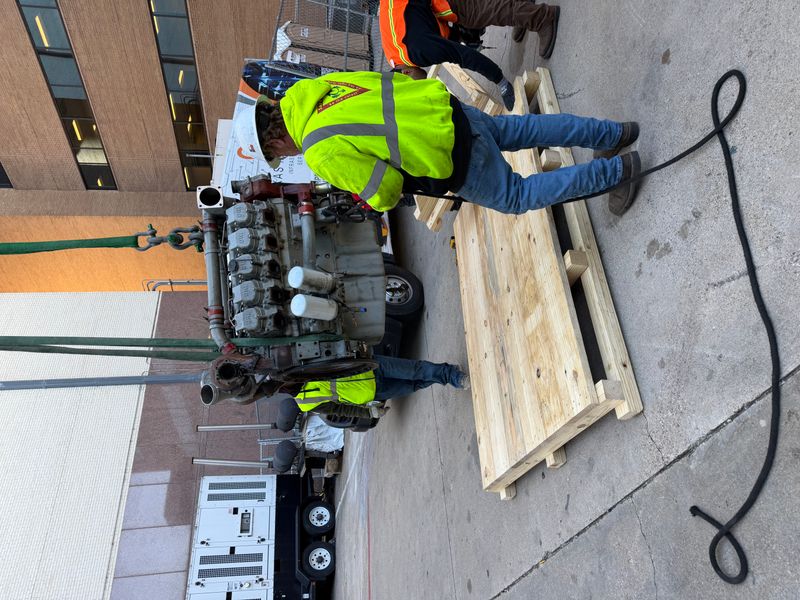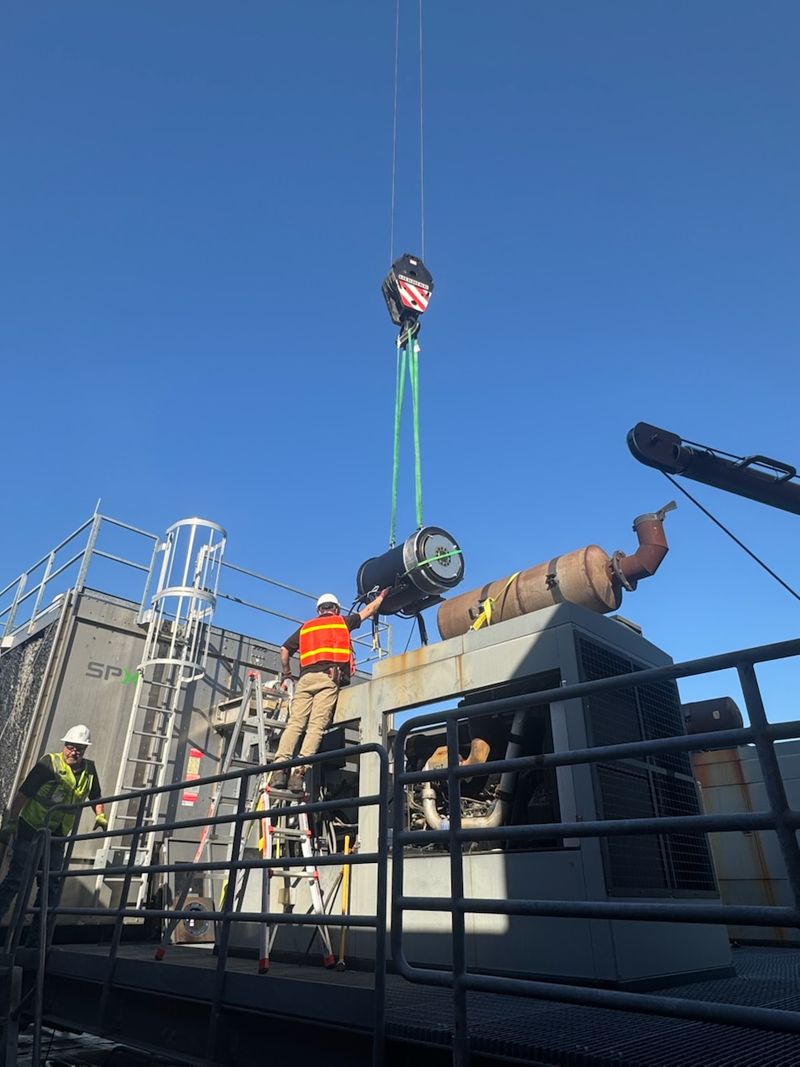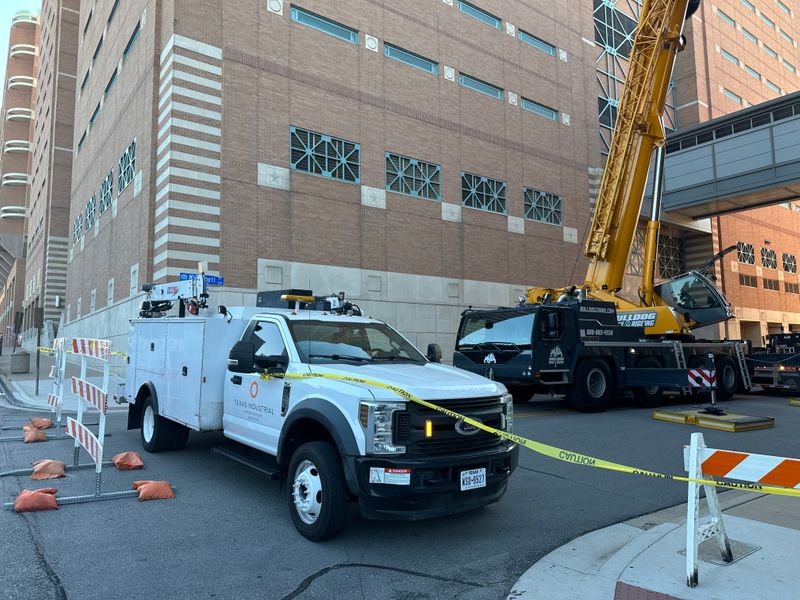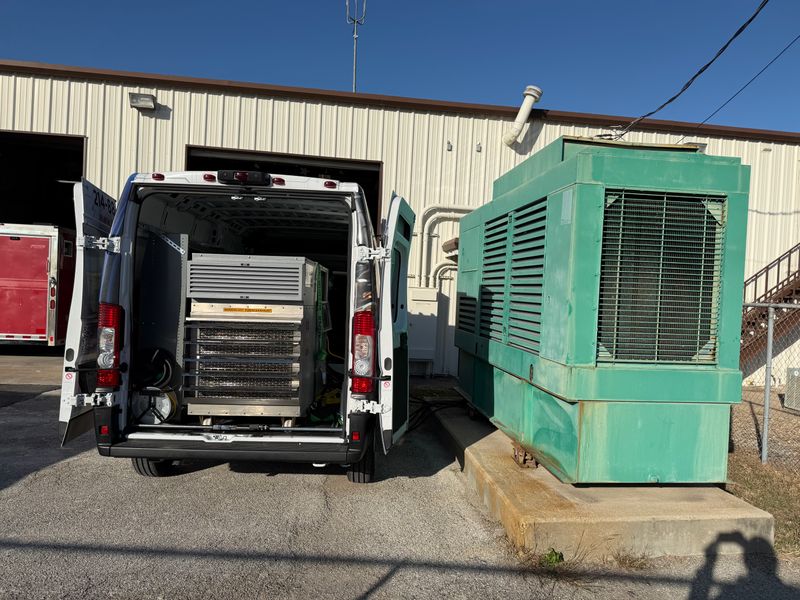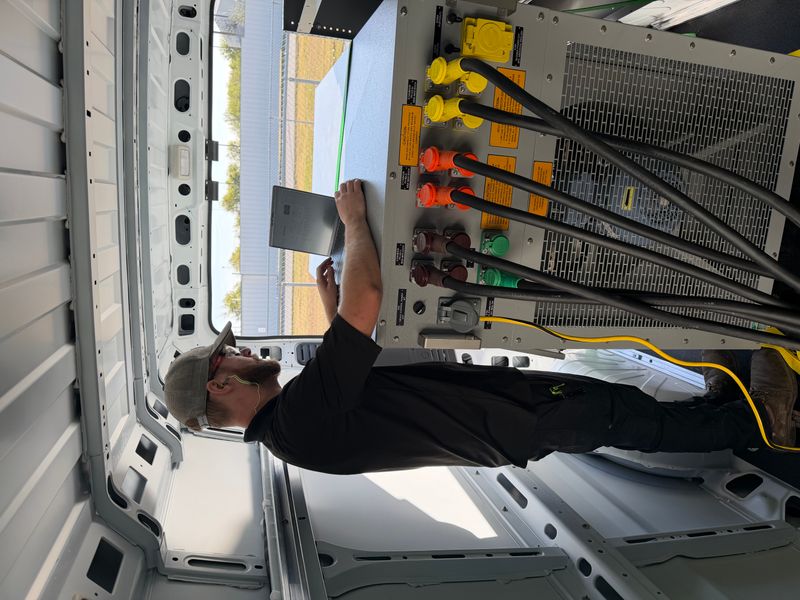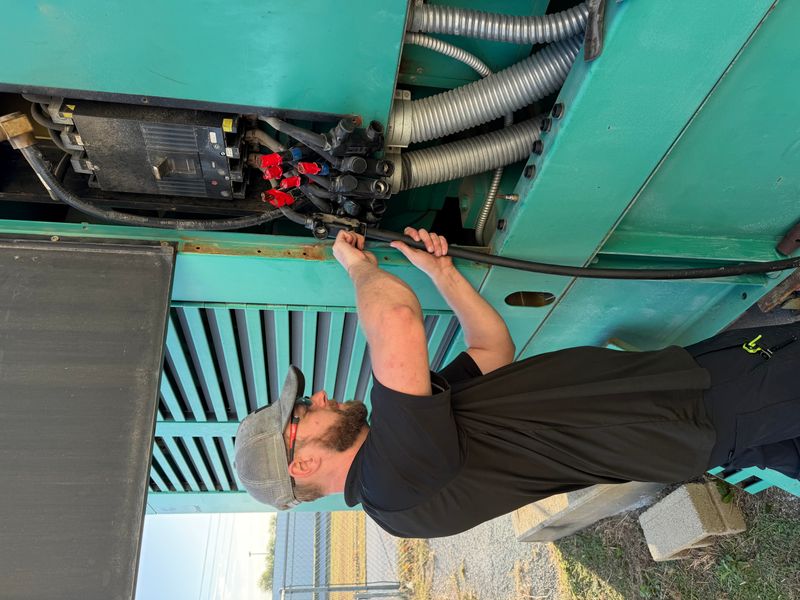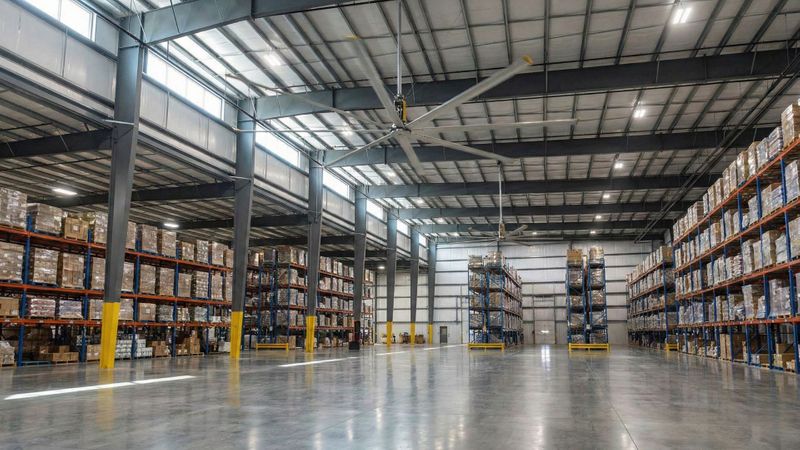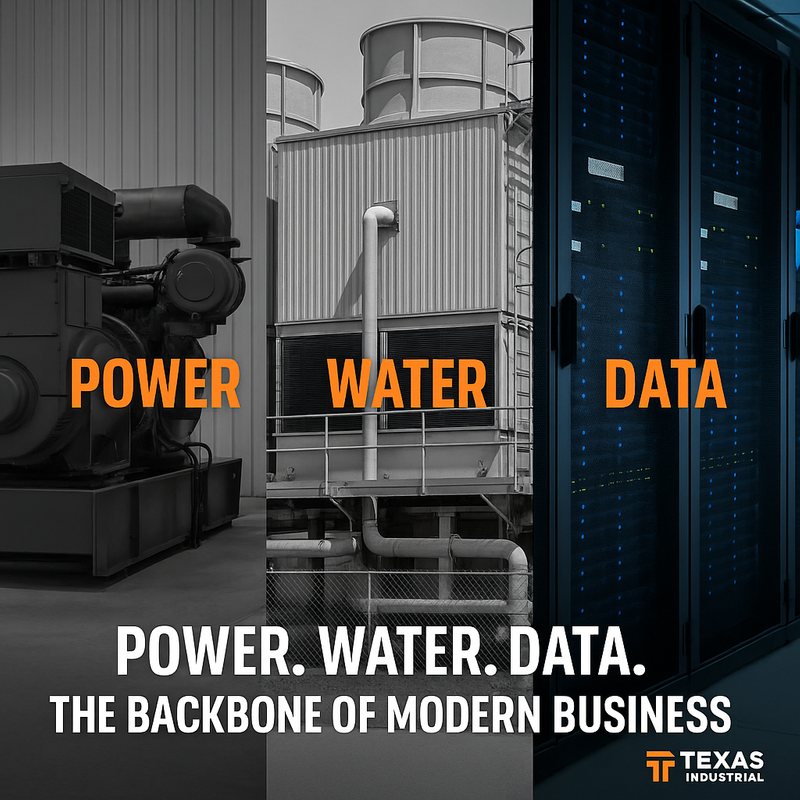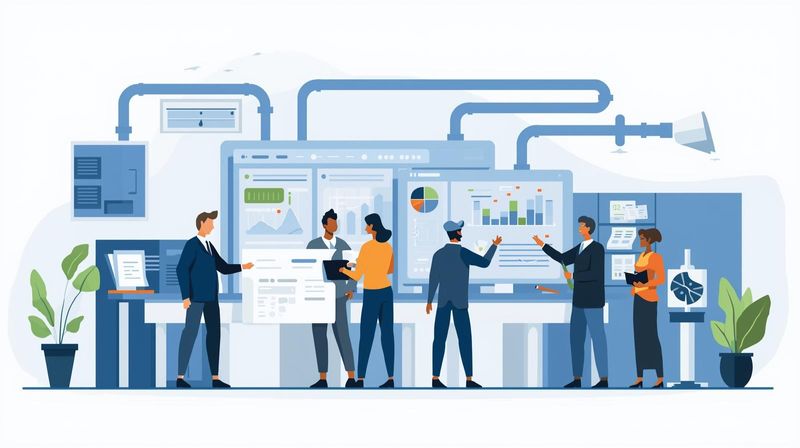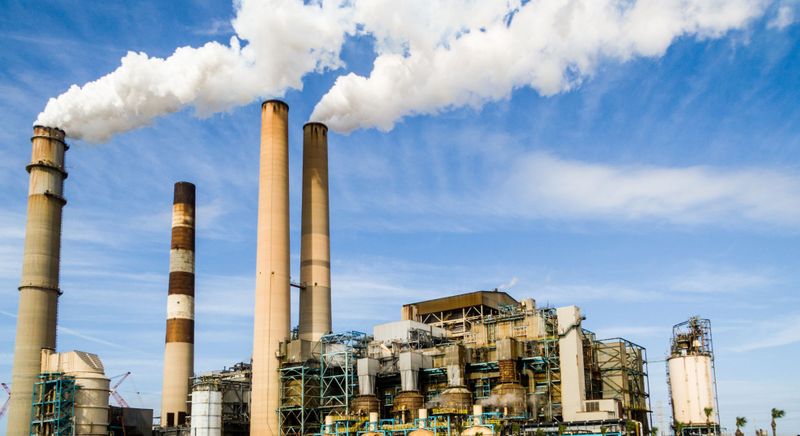Recent Updates
Why Battery Failure Is the #1 Reason Generators Don’t Start
A generator can be in excellent mechanical condition, with a full tank of clean fuel and a brand-new engine… but if its batteries fail, it becomes a 10,000-pound paperweight.
That simple truth makes batteries one of the most critical—and most overlooked—components of any standby power system. Across Texas industrial and commercial facilities, battery-related failures consistently remain the #1 cause of emergency generator no-start events.
Because batteries degrade quietly and often show no visible symptoms until the moment of failure, understanding why they fail and how to maintain them is essential for facility managers responsible for uptime.
This expanded guide explains the chemistry behind battery failure, why Texas heat is the ultimate battery killer, and how to manage a maintenance program that ensures your generator starts the first time, every time.
Why Batteries Matter More Than You Realize
Generators require a massive burst of amperage to crank a cold diesel engine. We aren't talking about starting a Honda Civic; we are talking about turning over a 12, 16, or 20-cylinder industrial engine that has high compression and heavy internal friction.
moreWhat a Generator Downtime Risk Assessment Includes
Unexpected downtime is one of the most expensive events that can disrupt an industrial or commercial facility.
Whether you are operating a manufacturing plant, a massive distribution center, a food processing operation, or a multi-building campus, even a short outage creates a "ripple effect" of costs. It isn't just about the lights going out; it's about halted production lines, safety system resets, spoiled inventory, and the reputational damage of missing deadlines.
A Generator Downtime Risk Assessment is designed to stop this before it starts.
It is important to clarify what this service is: It is not a standard Preventive Maintenance (PM) visit where we just change filters and oil. Instead, it is a focused, structured audit of the system's overall health, designed to identify early indicators of weakness before an outage exposes them.
This expanded guide details exactly what a TIIS Downtime Risk Assessment includes, why it matters, and how Texas facility teams can use it to "bulletproof" their operations.
Why Facilities Need Downtime Risk Assessments
Even well-maintained generators develop issues between service intervals. A generator might have fresh oil and clean filters, but still suffer from a loose electrical lug or a dying battery.
moreHow Fuel Quality Affects Generator Reliability
A generator is only as reliable as the fuel it depends on.
In Texas—where heat, humidity, and long-term fuel storage conditions vary widely—diesel degradation is one of the leading contributors to generator performance problems. While many facility teams invest heavily in mechanical preventive maintenance, load bank testing, and electrical inspections, the fuel tank is often overlooked.
This is a critical error. Fuel contamination happens slowly and quietly. It doesn't trigger a "Check Engine" light until the moment the generator tries to pull a heavy load.
This expanded guide explains why modern diesel fuel deteriorates faster than ever, how "Texas factors" accelerate the process, and what facility teams must do to maintain a reliable fuel supply.
Why Diesel Fuel Deteriorates in Texas
Many Facility Managers remember the days when you could store diesel fuel for 5–10 years without issue. Those days are gone.
Today's Ultra-Low Sulfur Diesel (ULSD) is cleaner burning, but it is also less stable. The refining process that removes sulfur also removes natural stabilizers, giving modern diesel a shelf life of only 6 to 12 months if left untreated.
Here are the leading contributors to fuel death in Texas:
moreATS Failure Points and How to Identify Them
When a utility outage occurs, most facility managers naturally focus on whether the generator starts. But in reality, one of the most common reasons a building goes dark during an outage has nothing to do with the generator at all.
It’s the Automatic Transfer Switch (ATS).
The ATS is the "gateway" between the utility source and the generator. If it does not transfer load correctly, even a perfectly maintained generator with a full tank of fuel will fail to deliver power to the building. In Texas—where severe storms, extreme heat, and aging infrastructure often trigger outages—the reliability of the ATS is just as important as the reliability of the generator itself.
Despite its importance, the ATS is one of the least understood and least maintained components in many commercial and industrial facilities. This detailed guide explains the major ATS failure points, early warning indicators, and what facility and operations teams should do to identify risks before they turn into downtime.
Why ATS Failures Are More Common Than You Think
Generators get weekly or monthly test runs. ATS units? They often sit untouched for months or even years at a time. That long period of inactivity allows:
moreHow Often Should Industrial Generators Be Load Bank Tested?
Load bank testing is one of the most important—and most misunderstood—elements of industrial generator maintenance.
Many facility teams mistakenly assume that because the generator starts every Tuesday morning for its weekly exercise, the system is healthy. In reality, a standby generator can start perfectly, run for 20 minutes, and still fail catastrophically during a real outage if it cannot sustain a heavy electrical load.
In Texas, where generators often sit unused for long stretches and then face extreme weather events (like winter freezes or 105°F heat waves), verifying capacity—not just connectivity—is critical.
This guide explains the mechanics of load bank testing, the specific NFPA rules that dictate frequency, and why "Wet Stacking" is the silent killer of diesel engines.
Why No-Load Testing Isn’t Enough
Weekly or monthly "no-load" exercise tests are useful for keeping moving parts lubricated and verifying that the starter batteries work. However, these tests do not simulate the real operating conditions your generator will experience during an outage.
Think of it this way: A no-load test is like revving your car engine in the driveway. A load bank test is like driving that car up a steep hill while towing a trailer.
moreNFPA 110 vs NFPA 70B: What Facility Managers Need to Know
Backup power systems are critical to safe and continuous operation across industrial, commercial, warehouse, and mission-critical environments.
When utility power drops—whether from storms, extreme Texas heat, grid strain, or equipment failures—your generator must start, transfer, and carry load without hesitation. Two of the most referenced standards that shape electrical reliability are NFPA 110 and NFPA 70B.
Although these standards are often mentioned together, they serve very different purposes. Understanding how they work—and how they complement one another—helps facility managers, maintenance leaders, and operations teams build a more dependable preventive maintenance structure while reducing risk across the facility.
This expanded guide breaks down the key differences between NFPA 110 and NFPA 70B and how each applies to generator reliability, electrical safety, and long-term asset performance.
What NFPA 110 Covers: Emergency and Standby Power Systems
NFPA 110 governs Emergency and Standby Power Systems—including the generator, ATS, fuel system, controls, alarms, and any components required for the generator to respond during a utility outage.
moreThe “Sweating Slab” Hazard: Why Your Texas Warehouse Floor is Slippery (And How to Fix It)
If you manage a warehouse in Texas, you’ve likely walked onto your floor on a humid morning and felt that sudden, dangerous loss of traction. It’s not a spill—it’s "Sweating Slab Syndrome." This phenomenon creates hazardous working conditions and ruins inventory, but it is entirely preventable with the right infrastructure strategy.
moreThe Smart Pre-Inspection: Securing Your Flat Roof Before Texas Hail Hits
Texas hail season is notorious for causing sudden, massive damage to commercial properties. As facility maintainers, we know that waiting until after the storm is a costly gamble. At Texas Industrial, we believe proactive strategies are essential. Preparing your flat roof now ensures you aren't caught off guard when spring weather strikes.
moreWhy Power, Water, and Data Are the Backbone of Modern Industrial Infrastructure
By Texas Industrial Infrastructure Services
Texas Industrial Infrastructure Services explains why power, water, and data systems form the backbone of modern business — and how integrated maintenance keeps critical facilities reliable, compliant, and efficient across North Texas.
moreWhy Facility Managers Benefit from an Annual Maintenance Contract
Texas Industrial Infrastructure Services
Why Facility Managers Benefit from an Annual Maintenance Contract
By Texas Industrial Infrastructure Services
For facility managers, keeping critical systems running across multiple buildings is a constant balancing act. You’re expected to maintain uptime, manage costs, and coordinate vendors — all while responding to daily operational demands. That’s where an annual maintenance contract can completely change the game.
When structured the right way, a maintenance contract delivers far more than routine service visits. It provides predictability, peace of mind, and access to a full team of specialized technicians across multiple disciplines — all for less than the cost of hiring and managing additional staff.
And to be clear, this isn’t about replacing your team — it’s about supplementing it. Many facilities already have talented in-house personnel handling day-to-day operations. Our role is to come alongside your staff to extend their reach, fill technical gaps, and handle the specialized or high-risk systems that require certified expertise. Together, we create a stronger, more reliable maintenance program.
Many facility managers ask, “Why wouldn’t I just hire my own person for that amount?” The reality is that when you factor in wages, benefits, insurance, training, turnover, and HR overhead, an in-house hire quickly becomes a costly and time-consuming commitment. An annual service agreement removes that administrative burden entirely — no scheduling, no sick days, no recruiting, no benefits to manage. You get consistent, professional coverage while keeping your internal team focused on higher-value priorities.
moreA Guide to Modern Security Cameras for Commercial Facilities
Your commercial facility is your business's backbone, and protecting it is non-negotiable. Outdated surveillance systems leave you vulnerable to theft, vandalism, and operational blind spots. Modern security cameras offer more than just recording; they provide intelligent, high-definition solutions that actively safeguard your assets, personnel, and daily operations, ensuring total peace of mind around the clock.
morePowering Texas: 4 Reasons Solar Farms Need Professional Facility Services
As Texas continues to lead the nation in solar energy growth, the development of large-scale solar farms represents a significant investment. To protect this investment and ensure maximum energy output, specialized upkeep is not just recommended—it's essential. These facilities require more than just panels; they need comprehensive, professional facility services to operate efficiently and safely for decades.
morePreparing for Emergencies: Essential Facility Management
Strategies for Effective Emergency Planning
Best Practices for Emergency ResponsePlanning
Preparation is the cornerstone of effective emergency response. Facility managers should develop a comprehensive emergency response plan that covers various scenarios, including natural disasters, fires, and other unforeseen events. Key elements of a robust emergency response plan include:
· Risk assessment: Identify and evaluate potential hazards specific to your facility.
· Evacuation procedures: Design clear and accessible evacuation routes for all occupants.
· Communication strategies: Establish reliable communication channels for emergency notifications.
· Training and drills: Conduct regular training sessions and drills to ensure everyone is familiar with the emergency procedures.
Disaster Recovery
Disaster recovery is essential in minimizing downtime and ensuring business continuity after an emergency. Effective disaster recovery involves:
· Business impact analysis: Determine the critical functions of your facility and how disasters could impact them.
· Recovery strategies: Develop strategies to quickly restore operations, including data backup and infrastructure repair.
moreTrends in Facilities Management
Innovations Shaping the Future
Facilities management is a dynamic field that continually evolves to meet the changing needs of organizations and their employees. As we move further into the 21st century, several key trends are emerging that are set to transform the industry. From technological advancements to sustainability initiatives, these trends are not only enhancing efficiency but also contributing to the well-being of occupants and the environment.
1. Technology Integration
The integration of technology into facilities management is one of the most significant trends shaping the industry. Smart buildings, equipped with sensors and IoT (Internet of Things) devices, are becoming increasingly common. These technologies enable real-time monitoring and control of various building systems, such as HVAC, lighting, and security. The data collected from these systems can be analyzed to optimize performance, reduce energy consumption, and improve occupant comfort.
Facility management software is also evolving, offering more comprehensive solutions for asset management, maintenance scheduling, and space utilization. These platforms often include mobile applications, allowing facility managers to access crucial information and perform tasks remotely.
moreBest Practices in Generator Maintenance and Repair
Ensuring Longevity and Efficiency of Commercial and Industrial Generators
Generators are indispensable in commercial and industrial settings, providing reliable power during outages and ensuring smooth operations. Maintaining and repairing these large generators is crucial to avoid costly downtime and extend their lifespan. Here, we explore the best practices in generator maintenance and repair, particularly for larger units.
Regular Inspection and Monitoring
Routine inspections are vital to detect potential issues early. Schedule regular checks to monitor the generator's performance, including fuel levels, oil condition, and coolant levels. Verify the battery charge and test the electrical connections to ensure there are no loose or corroded components.
Visual Inspection
Conduct a thorough visual inspection of the generator. Look for signs of wear and tear, such as cracks, leaks, or rust. Ensure that all components are intact and securely fastened. Pay attention to belts and hoses, as they can deteriorate over time.
Performance Monitoring
Use monitoring tools to track the generator's performance. These tools can provide data on fuel consumption, operating hours, and load levels. Analyze this data to identify trends and prevent potential issues.
moreChoosing Reliable Vendors for Smooth Maintenance Operations
Insights and Recommendations to Enhance Facility Maintenance
Ensuring your facility operates efficiently hinges on selecting reliable vendors and suppliers. The right partners can significantly streamline maintenance operations, saving both time and money. Below, we offer some insights and recommendations to help you make the best choices.
Why Reliability Matters
Choosing a dependable vendor isn't just about getting products or services at a good price—it's about securing the consistent quality and reliability that prevent downtime and operational hiccups. Reliable suppliers provide:
· Consistent Quality: Products and services that meet your standards every time.
· Timely Deliveries: Ensuring you have what you need, when you need it.
· Effective Communication: Open and clear channels to address issues promptly.
Evaluating Potential Vendors
When considering new vendors or suppliers, keep the following criteria in mind:
· Reputation: Look for vendors with positive reviews and testimonials from other businesses.
· Experience: Experienced vendors understand the nuances of your industry and can offer valuable insights.
· Compliance: Ensure they comply with industry standards and regulations.
moreUnlocking True Value: The ROI of Annual Maintenance Contracts
Why Strategic Maintenance Agreements Are the Key to Operational Excellence
The Real Value Behind Annual Maintenance Contracts
In the demanding world of commercial and industrial facilities, downtime isn’t just inconvenient—it’s costly, disruptive, and can undermine the reputation and profitability of your business. Smart facility managers and business owners know that proactive care, rather than reactive repairs, is the only way to ensure seamless, reliable operations. Enter the annual maintenance contract—a powerful strategic tool that delivers measurable return on investment (ROI) while safeguarding your most critical infrastructure.
This comprehensive blog explores the real value of annual maintenance contracts, including financial, operational, and strategic benefits that far outweigh the upfront costs. Discover why becoming a priority customer, enjoying preferred scheduling, and automating routine maintenance could be the best business decision you make this year.
1. Become a Priority Customer—Especially During Emergencies
One of the most compelling advantages of an annual maintenance contract is priority service, particularly in emergency situations. When unexpected breakdowns occur, contract clients leap to the front of the line, guaranteeing fast response and minimal downtime.
moreAddressing Poor Power Quality in Your Facility
In today’s highly competitive industrial landscape, maintaining optimal operations means paying close attention to every detail—including the quality of your electrical power. Poor power quality can lead to significant operational downtime, equipment damage, and increased energy costs. In this post, we’ll delve into why addressing power quality issues is critical for your facility and explore the various options available to resolve them.
The Hidden Costs of Poor Power Quality
Reduced Equipment Lifespan
When your facility experiences inconsistent voltage, harmonic distortion, or power surges, your sensitive machinery and electronics are at risk. Over time, these fluctuations can wear down equipment prematurely, leading to unplanned shutdowns and costly repairs.
Unplanned Downtime
Every minute of downtime has a ripple effect on productivity. Uninterrupted operations are the lifeblood of any facility, and poor power quality can cause unexpected disruptions that impact your bottom line.
Increased Operating Expenses
Faulty power quality contributes to energy inefficiency, pushing up utility bills and maintenance costs. Improving your power supply can reduce energy consumption and help manage operational expenses more effectively.
moreOptimizing Facility Management Budgets: Cost-Effective Solutions
Managing a facility comes with its fair share of challenges, but one of the most persistent concerns is budget management. Facility managers are constantly seeking cost-effective solutions to reduce operational expenses and optimize maintenance budgets. Here are some valuable tips to help you achieve these goals.
Cost-Effective Solutionsfor Facility Managers
· Energy Efficiency: Implementing energy-efficient systems can significantly reduce utility costs. Consider upgrading to LED lighting, installing smart thermostats, and using energy management systems to monitor and control energy usage.
· Preventive Maintenance: Regular preventive maintenance can help avoid costly repairs and extend the lifespan of equipment. Schedule routine inspections and maintenance checks to ensure everything is working efficiently.
· Outsourcing: Outsourcing certain tasks, such as cleaning services or specialized maintenance, can be more cost-effective than hiring full-time staff. Evaluate the benefits and savings of outsourcing versus in-house services.
· Sustainable Practices: Adopting sustainable practices, such as recycling programs and water conservation measures, can reduce waste and lower expenses over time. Look for opportunities to implement green initiatives in your facility.
moreWelcome
Welcome to our site! We are in the process of building our blog page and will have many interesting articles to share in the coming months. Please stay tuned to this page for information to come. And if you have any questions about our business or want to reach out to us, we would love for you to stop by our contact page.
Thank you!
more